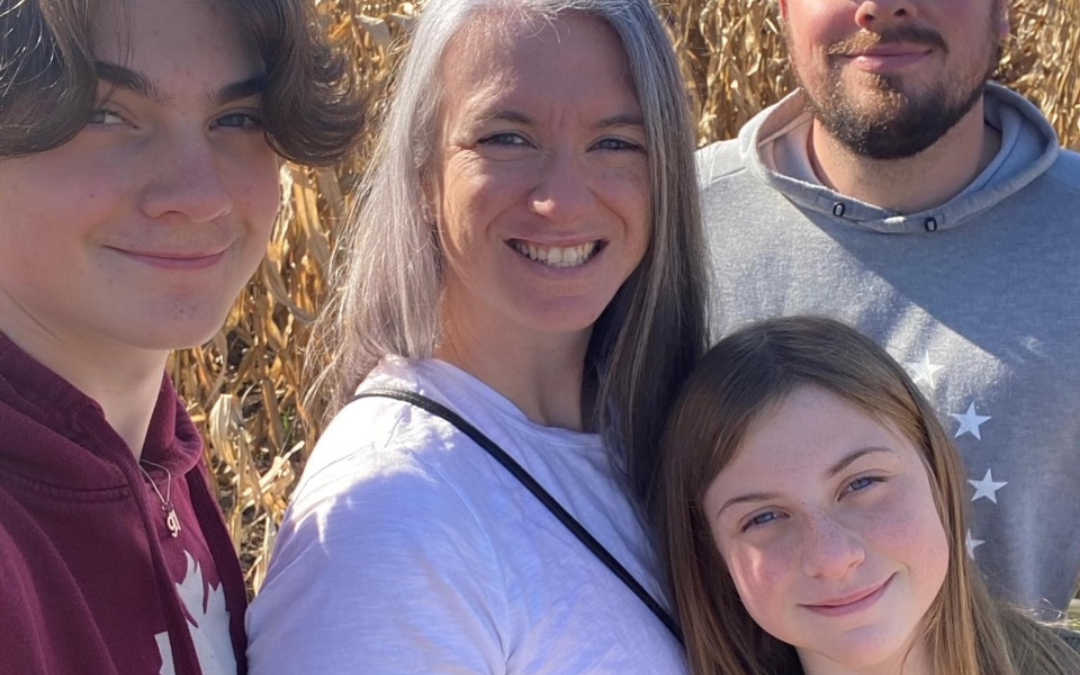
Canadian Sudden Arrhythmia Death Syndromes (SADS) Foundation
SADS refers to a variety of cardiac arrhythmia disorders which are often genetic and can be responsible for sudden death in young, apparently healthy people.
1 in 250
Living with HCM
1 in 2500
Born with Long QT Syndrome
1000
Canadians under age 35 suffer a SCA annually
50%
Of sudden deaths reported pre-event warning signs
SADS Warning Signs
Fainting (syncope) or seizure during exercise, excitement, or startle.
Consistent or unusual chest pain and/or shortness of breath during exercise.
Family history of unexpected sudden death during physical activity or during a seizure, or any other unexplained sudden death of an otherwise healthy young person.
Information for Patients & Their Families
Please check out our many publications, articles, and links to credible and helpful websites.
Information for Coaches & Teachers
Help save a life. Learn more about the symptoms for inherited cardiac rhythm disorders.
Information for The Healthcare Community
SADS refers to a variety of cardiac rhythm disorders which are often genetic and can be responsible for sudden death in young, apparently healthy people.
Featured Publications

LQTS: An Information Booklet for Patients and Their Families
This booklet has been written in an easy to read, patient friendly format and provides excellent information for those diagnosed with LQTS.

Long QT Syndrome in Women
As a woman with LQTS, your risk of experiencing symptoms may change at different stages of your life. Please read further…

Cardiac Channelopathies: An Information Booklet for Patients and Their Families
This publication is an excellent summary of several cardiac channelopathies including LQTS, CPVT and others.
Storys

Andrea’s story
In the fall of 1994, Andrea Jones-Pascoe's life was saved after Pam Husband went public withher...

The Guthrie’s Story
When our first child was born in November, 1998 no one knew that Long QT Syndrome [LQTS] existed...

Jennette’s Story
Jennette experienced Sudden Cardiac Arrest (SCA) in December of 2022 while having the flu. She...

Kristina’s Story
Kristina is a personal trainer, cycling coach, and former competitive endurance athlete whose...

The Kowalsky’s Story
The Kowalsky family's medical journey began innocuously. When young Atley Kowalsky started...

Mike’s Story
Meet Mike, a symbol of courage in the face of adversity. Now 36, Mike's life took a sudden turn at...

Tim’s Story
Meet Tim from Nova Scotia, whose journey of strength and perseverance transcends the ordinary. At...

Vincent’s Story
Life and Other Fatal Conditions: My Story Time is a funny thing. It's everything but yet we treat...
